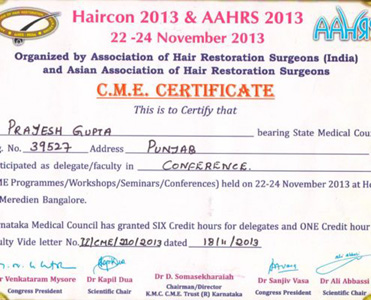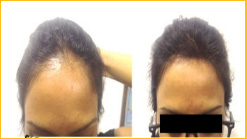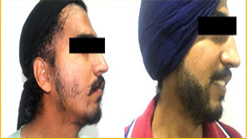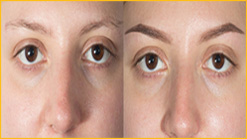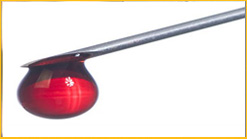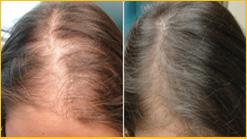MEDICAL THERAPY FOR HAIR LOSS
Medical Therapy
It acts an orally administered medication for male pattern hair loss. Finasteride’s effects by slowing hair loss and stimulating new growth of hair for early to moderate degree of hair loss. Men with extensive hair loss are better candidates for hair transplantation. Finasteride is most useful in hair loss occurring in the area of the crown as compared to the front of scalp “receding hairline.” The hair fall usually occurs due to the action of Dihydrotestosterone which is derived from testosterone. Finasteride inhibits the conversion of testosterone to dihydrotestosterone thus slowing down the process of hair fall.
Minoxidil:
Minoxidil is the only topical preparation that has to date, demonstrate efficiency in the treatment of androgenetic alopecia. It is for the treatment of Male pattern Hairloss, but is also used both for female patients and for other conditions such as alopecia areata. This Piperidinopyrimidine derivates is a potent vasodilator that was originally used in treatment of hypertension. The exact mechanism of action is uncertain, but minoxidil has vasodilatory and angiogenic properties and enhances cell thickness. Minoxidil mostly maintains and thickens pre existing hairs. Greater hair growth can be achieved using the 5% rather than 2% formulation, which is available as a lotion formulated with propylene glycol or as a foam.Twice daily use is sufficient.
Finasteride:
It is selective inhibitor of the type 2 isoezyme of 5 alpha reductase which converts testosterone of DHT.5 alpha reductase isoenzymes are present in the frontal hair follicles of women and men with androgenetic alopecia, and lower levels are also present in the occipital hair follicles.Finasteride has been shown to increase the ratio of anagen to telogens hairs, increasing the hair weight more than the hair count, that it achieves greater scalp cover by increasing the growth rate and thickness of hair.


